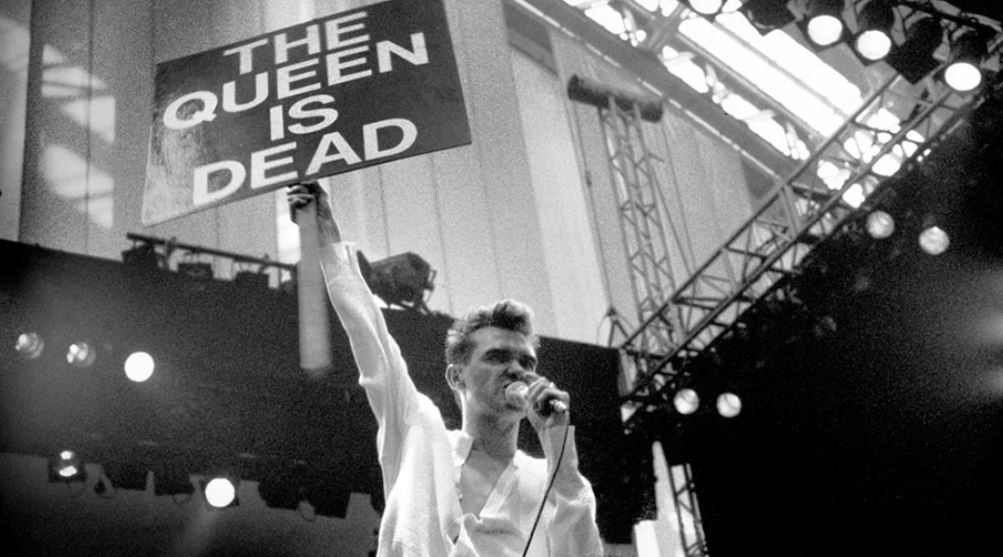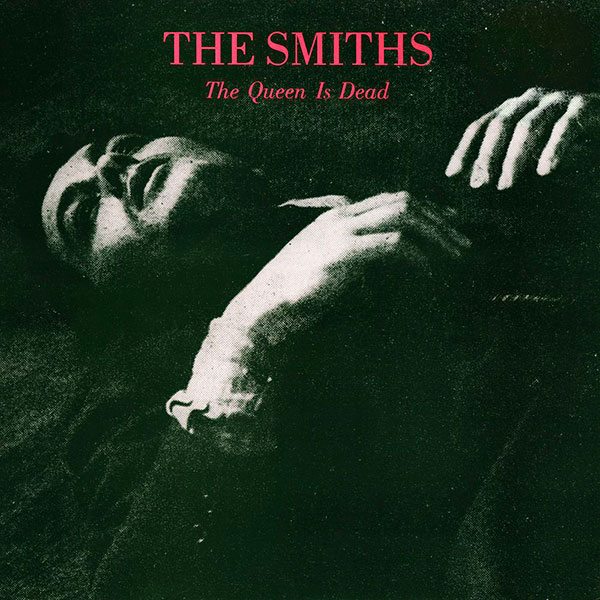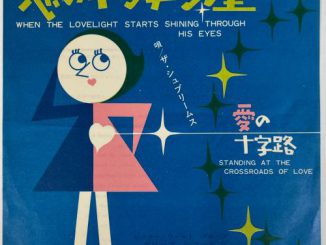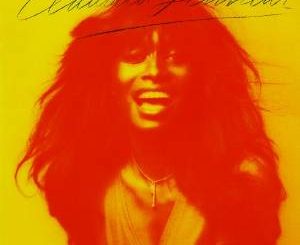Last year The Smiths revered third album, The Queen Is Dead, celebrated its 30th anniversary. A year later and a new 2017 master of the album has been released, prompting us to look back on the timeless 1986 album.
A year before the album’s release, The Smiths had topped the charts with their iconic Meat Is Murder album, so naturally, the expectation going into The Queen is Dead was probably at the highest point of the bands career. Songs for the follow up were prepared on the road in 1985, including The Boy With The Thorn In His Side, which even guitarist Johnny Marr has described as “an effortless piece of music.”
The urgency with which The Smiths created The Queen Is Dead can be heard throughout the album, and includes some of the most well written material. The frantic tom loop that rattles through a constant feedback during the opening title track is unforgettable, and packs an opening punch harder than any other Smiths record. Stephen Street helped the band craft a nuanced record that has been engineered with perfection, and the end result clearly stood the test of time to warrant such a lavish reissue over 30 years later.
Lyrically, Morrissey is at his most scathing, humorous, and sarcastic, yet the sombre romantic buried beneath his cock of the walk exterior was still given the chance to shine. Frankly, Mr Shankly, a tongue-in-cheek ode to Rough Trade label boss, Geoff Travis, is one of the quirkier tracks by The Smiths, as the rhythm shuffles and bounces along in their apparent attempt to recreate the vibe of Sandie Shaw’s Puppet on a String. Morrissey then delivers one of his best vocal performances of all time on the darkly beautiful ballad, I Know It’s Over, where he sullenly croons, “As I climb into an empty bed/Oh well, enough said.”
Another standout track on The Queen Is Dead is Cemetry Gates, where Morrissey is given the chance to respond to the critics who accused him of plagiarism, given his borrowing and quoting from the likes of Shelagh Delaney, Elizabeth Smart, and most notably, Oscar Wilde. Marr’s intricate, major-key guitar lines dance among the infectious groove of rhythm section Andy Rourke and Mike Joyce, while Morrissey spits “The words you use should be your own/don’t plagiarise or take or loan.” He makes reference to optimist poets, John Keats and W.B. Yeats, while claiming that those who have them on their side lose, because “Weird lover Wilde is on mine.”

One of the most beloved tracks, not just on this album, but from the entire catalogue of The Smiths recordings is Big Mouth Strikes Again, which showcases the ingenious and unique guitar playing of Johnny Marr. The loose chord progression, doubles up with a punchy lead line in the second verse, almost singing a backing vocal melody, where Marr claimed his intention was “to make a burst of intense guitar notes.” Speaking of backing vocals, it was initially supposed to feature a contribution from the bands friend, Kirsty MacColl, but the band were not happy with the way it sounded, opting for a speed up vocal line by Morrissey, credited in the album notes as Anne Coates, a play on the name of Manchester district, Ancoats.
As the album flows seamlessly from the track to track and draws to a conclusion, you get the comedic, skiffle influenced tale of a cross-dressing cleric who wants to parade in public, Vicar In A Tutu. Then, at the end of the album, you the fade-in-out glory of Some Girls Are Bigger Than Others, where carnal desire meets coming of age disenchantment, soundtracked by what is an often-overlooked gem in the lexicon of Johnny Marr’s guitar playing.
Of course, lest we forget the jewel in The Smiths crown that is sandwiched between the two aforementioned tracks, and rightfully cited as one of the best songs of the 1980’s, There Is A Light That Never Goes Out. Perhaps inspired by the death of James Dean, the narrative has been interpreted many ways; is it a lover that Morrissey is asking “Take me out, tonight,” or perhaps it is an ode to the musical partnership of Morrissey and Marr, proclaiming, “To die by your side is such a heavenly way to die.” Regardless of the subject matter, it remains their finest hour. Even if it does fit the current, hipster, ‘sad boi’ aesthetic that is popular among new bands that insist on doing their best impression of The Smiths, it is the perfect example of Morrissey’s ambiguous, and quite simply, genius song writing.
Over thirty years later, The Queen Is Dead has stood the test of time better than most records of the era. Given The Smiths relatively short five year existence, there was no danger of anything sullying the legacy of the album. Even now, several of the songs are staple parts of both Morrissey and Johnny Marr solo sets, finding a place among their own solo work. If there was a list made up of the albums that virtually flawless from start to finish, The Queen Is Dead would rank very near the top.
Head to our store for more rarities and collectables from The Smiths.
eil.com… the world’s largest online retailer of rare and out of print vinyl, CDs and music memorabilia – since 1987.





Be the first to comment